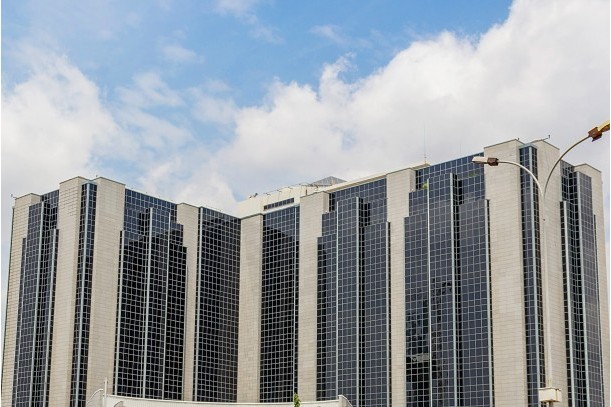Latest News
Nigerian Senate passes bill to amend banking legislation

News Highlight
The bill addresses the limit of an individual borrower and the penalty for loan defaulters.
The Senate on Wednesday passed the Banks and Other Financial Institutions Act (BOFIA) CAP B3 Laws of the Federation of Nigeria 2004 (Amendment) Bill, 2020, which aims to strengthen the legal framework for the regulation of the country’s banking industry, among other provisions. If signed into law, the legislation would amend the existing banking legislation that was first enacted in 1991.
The bill, which was sponsored by Senator Uba Sani, Chairman, Senate Committee on Banking, Insurance and other Financial Institutions, and Senator Betty Apiafi, was introduced at the Senate on May 12, 2020 and passed the second reading stage on May 19. After a public hearing conducted by the Senate Committee on Banking, Insurance and Other Financial Institutions on July 15, the bill proceeded for the third reading stage at a plenary session yesterday, after which it was passed by the upper chamber of the National Assembly.
The bill amends the laws governing banks and other financial institutions in Nigeria as well as financial services in the country. Among other provisions, the bill seeks to enhance efficiency in the process of obtaining and granting banking licenses. It makes adequate provisions for proper licensing, supervision and revocation of licenses of financial institutions by the Central Bank of Nigeria (CBN).
During the public hearing last week, the CBN thanked the Senate Committee and other lawmakers for their foresight in seeking for the modernisation of the banking legislation. The apex bank said there was a need for a review of the legal framework for the banking industry given the widespread innovation and technological transformations that the industry has witnessed.
Stakeholders, therefore, proposed regulation for the activities of financial technology (fintech) companies in the amended legislation, while also updating penalties for regulatory breaches in the financial services sector.
The CBN, the Nigeria Deposit Insurance Corporation (NDIC), the Chartered Institute of Bankers of Nigeria (CIBN) and other stakeholders made a case for enhancing regulatory measures on the maximum amount a bank is allowed to lend a single borrower or an individual in relation to the total shareholders' fund of that bank. In addition, the stakeholders canvassed for strengthening the sanctions regime for loan defaulters.
Before sending the BOFIA Amendment Bill, 2020 to President Muhammadu Buhari for his assent, the bill would need to be passed by the House of Representatives after which it would be harmonised by both legislative chambers.
Related News
Latest Blogs
- The Museum of West African Art saga
- The complexity and complication of Nigeria’s insecurity
- Between bold is wise and wise is bold
- Prospects of port community system in Nigeria’s maritime sector
- Constitutionalism must anchor discipline in Nigerian Armed Forces
Most Popular News
- NDIC pledges support towards financial system stability
- Artificial intelligence can help to reduce youth unemployment in Africa – ...
- Green economy to surpass $7 trillion in annual value by 2030 – WEF
- ChatGPT is now the most-downloaded app – report
- Africa needs €240 billion in factoring volumes for SME-led transformation
- CBN licences 82 bureaux de change under revised guidelines






